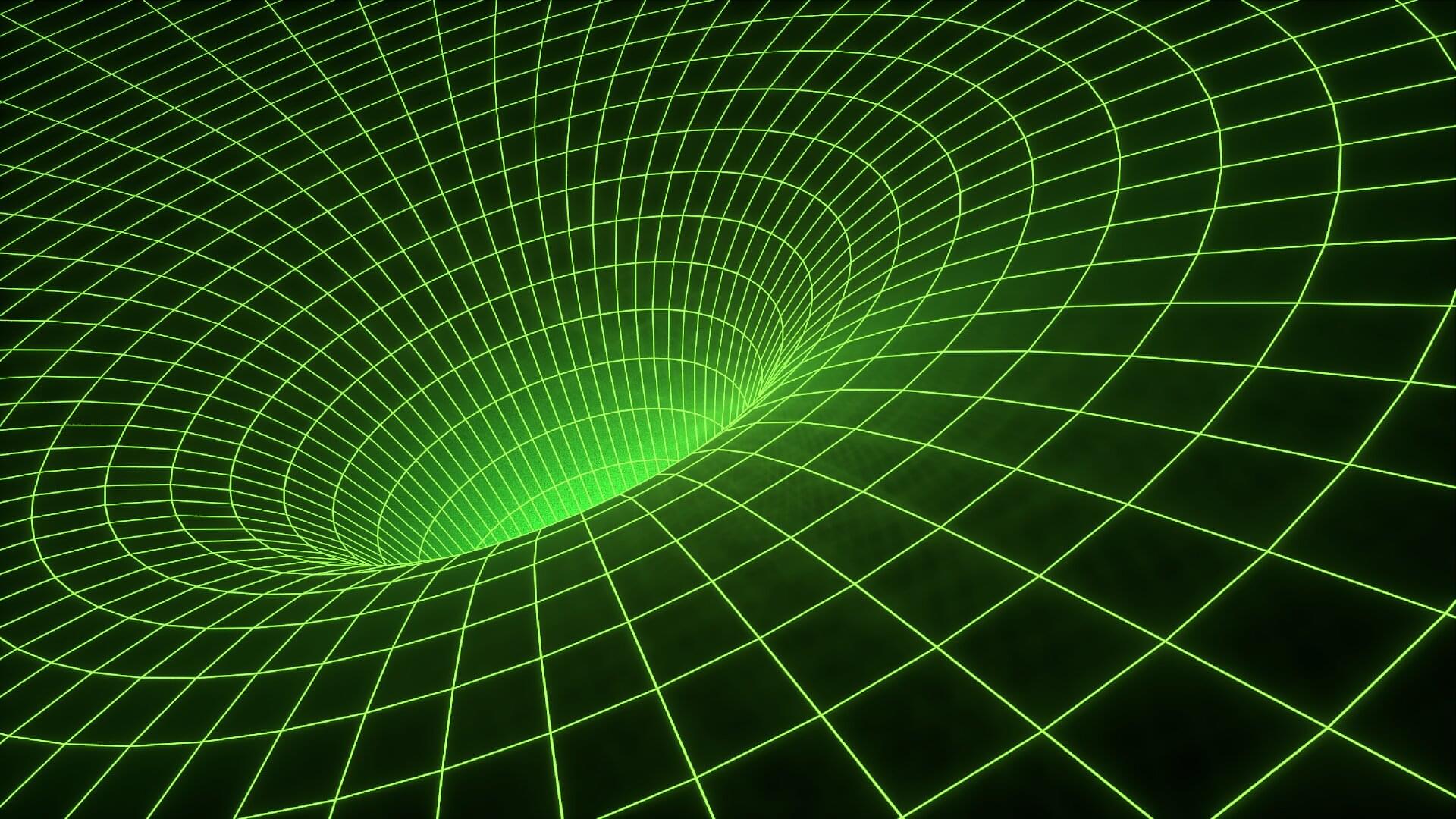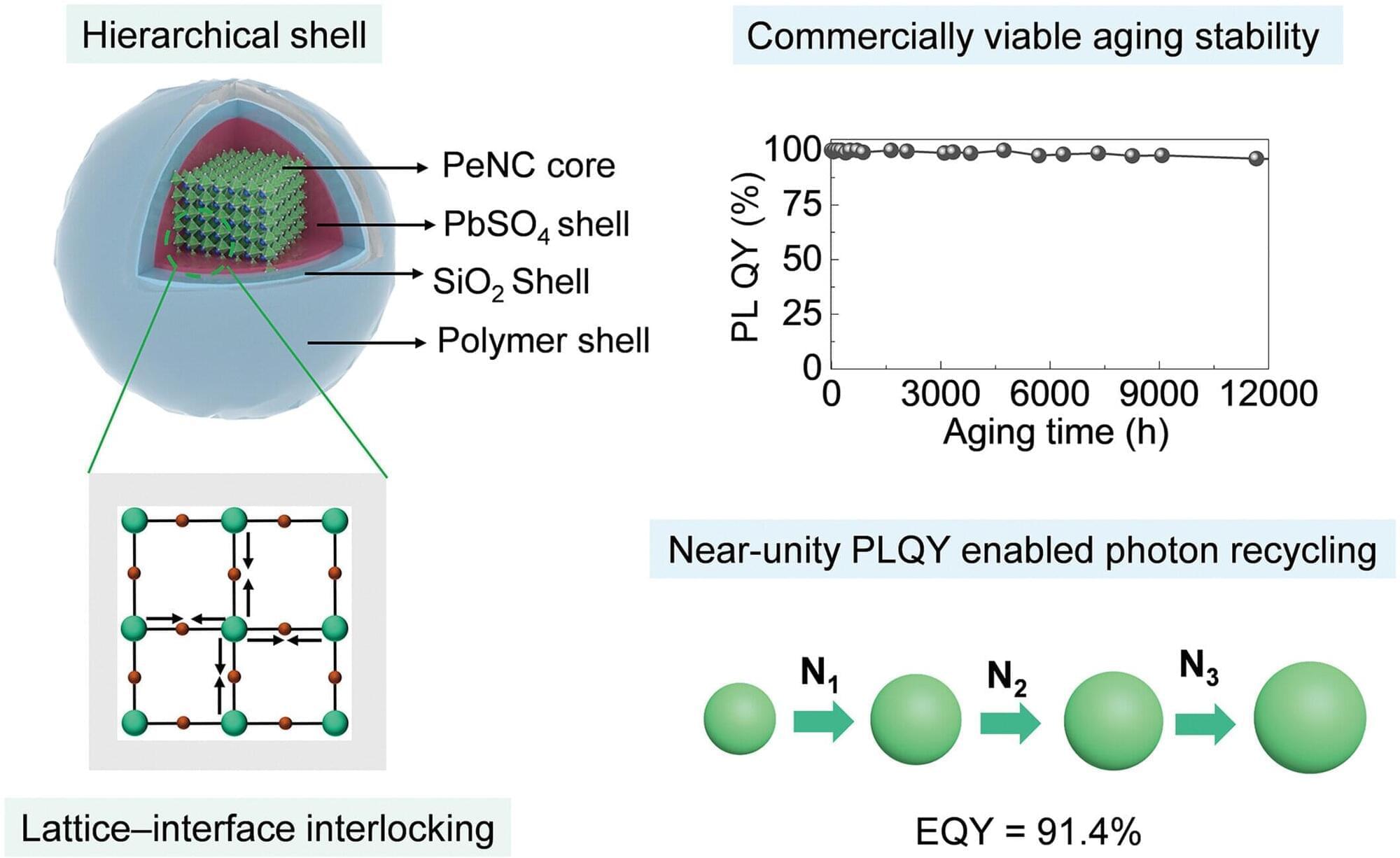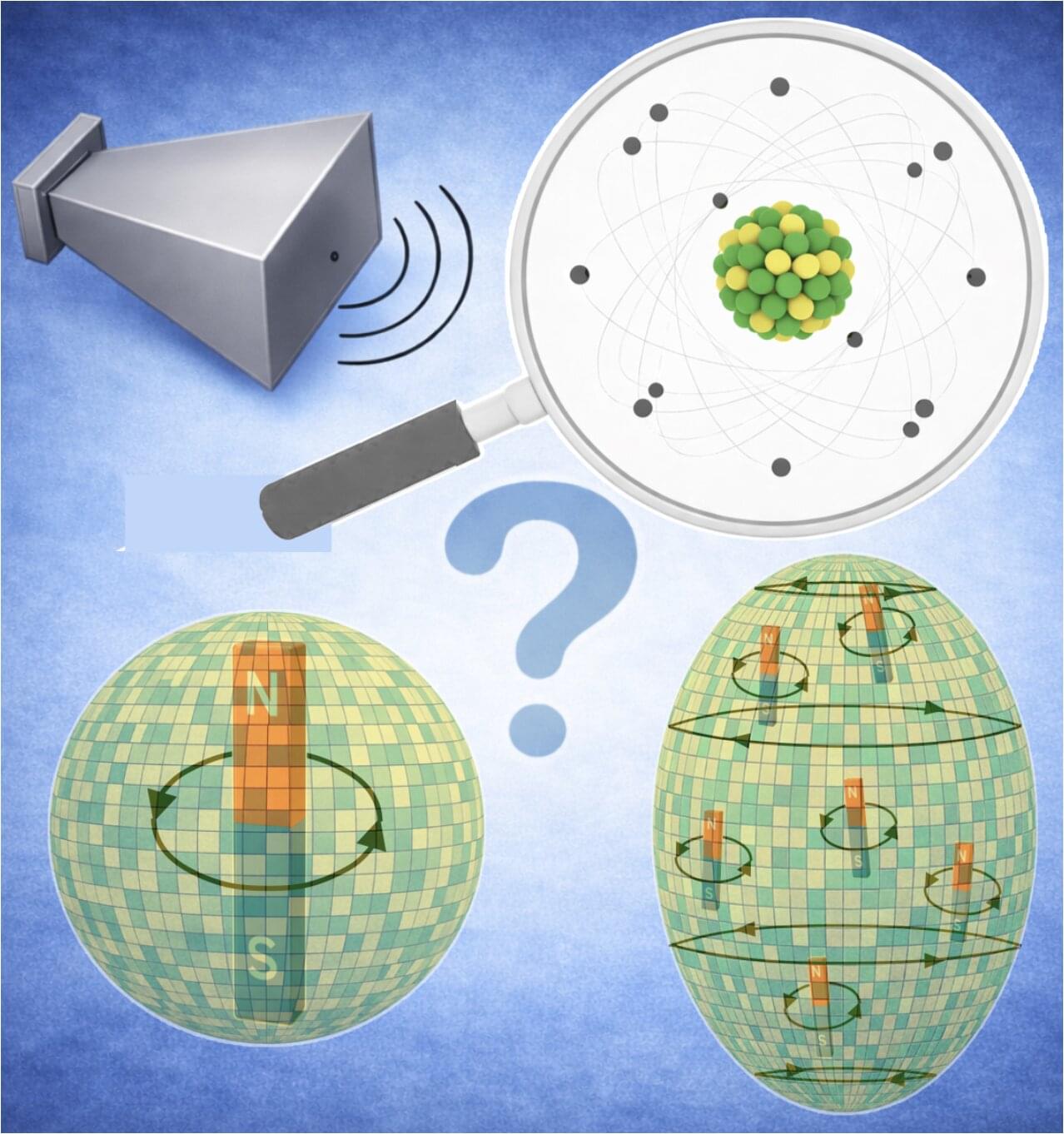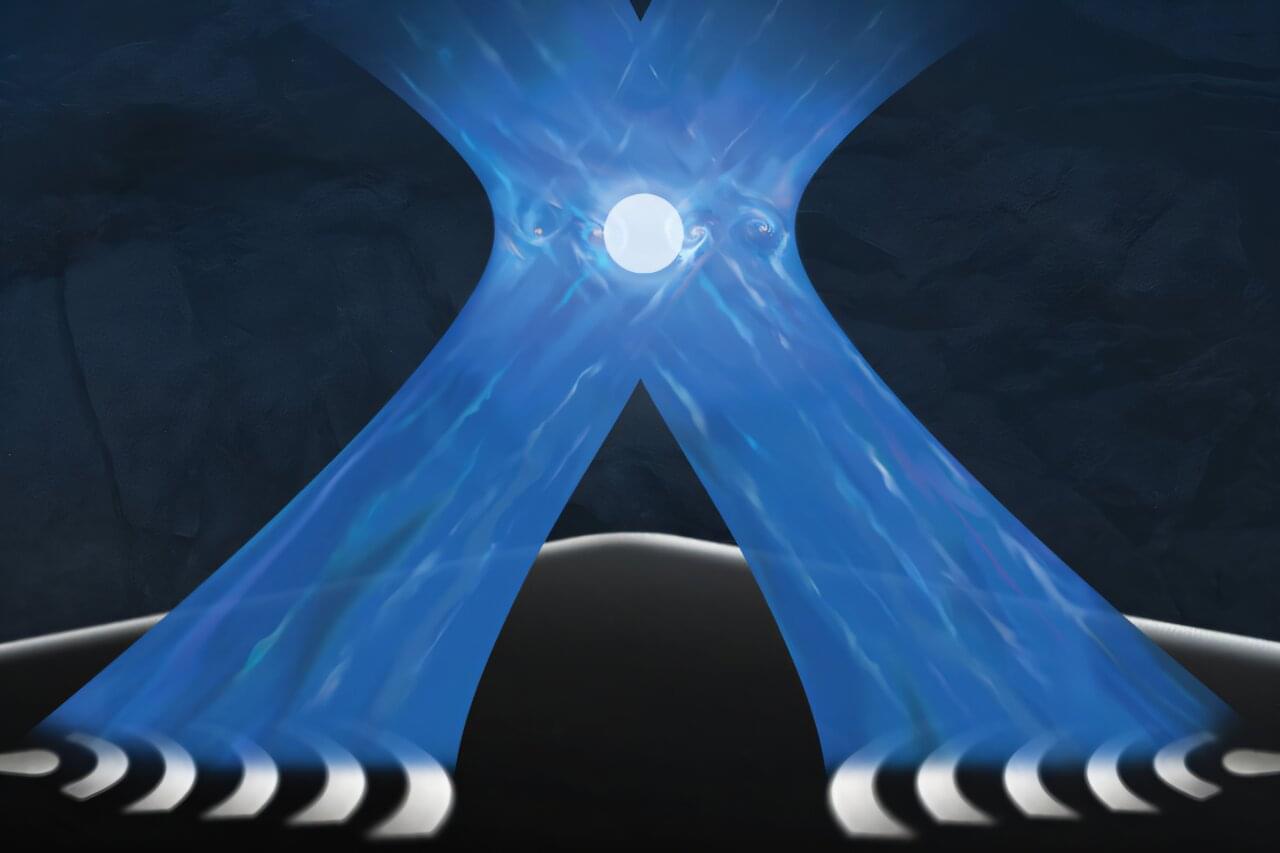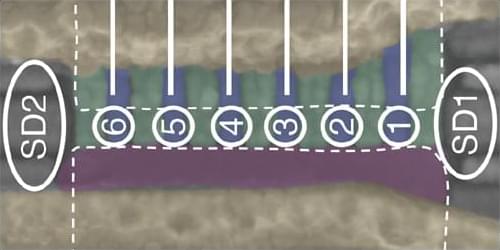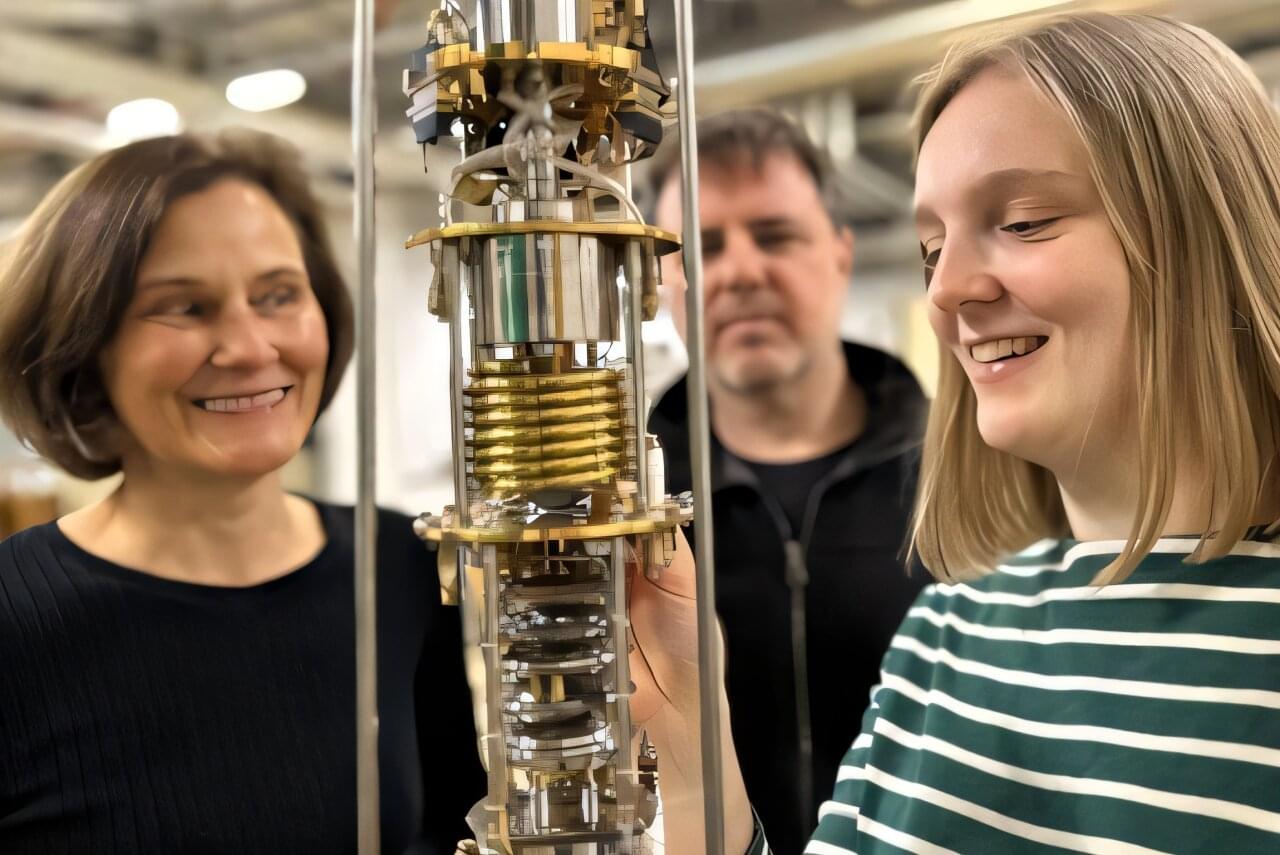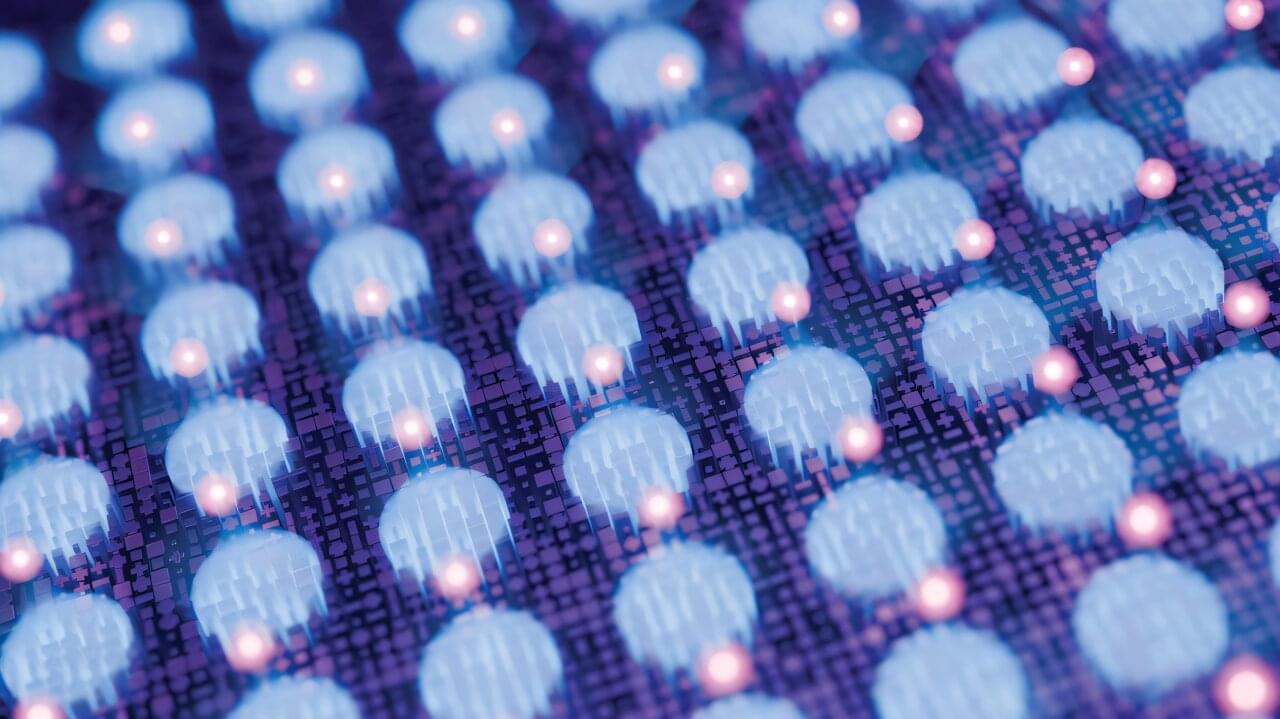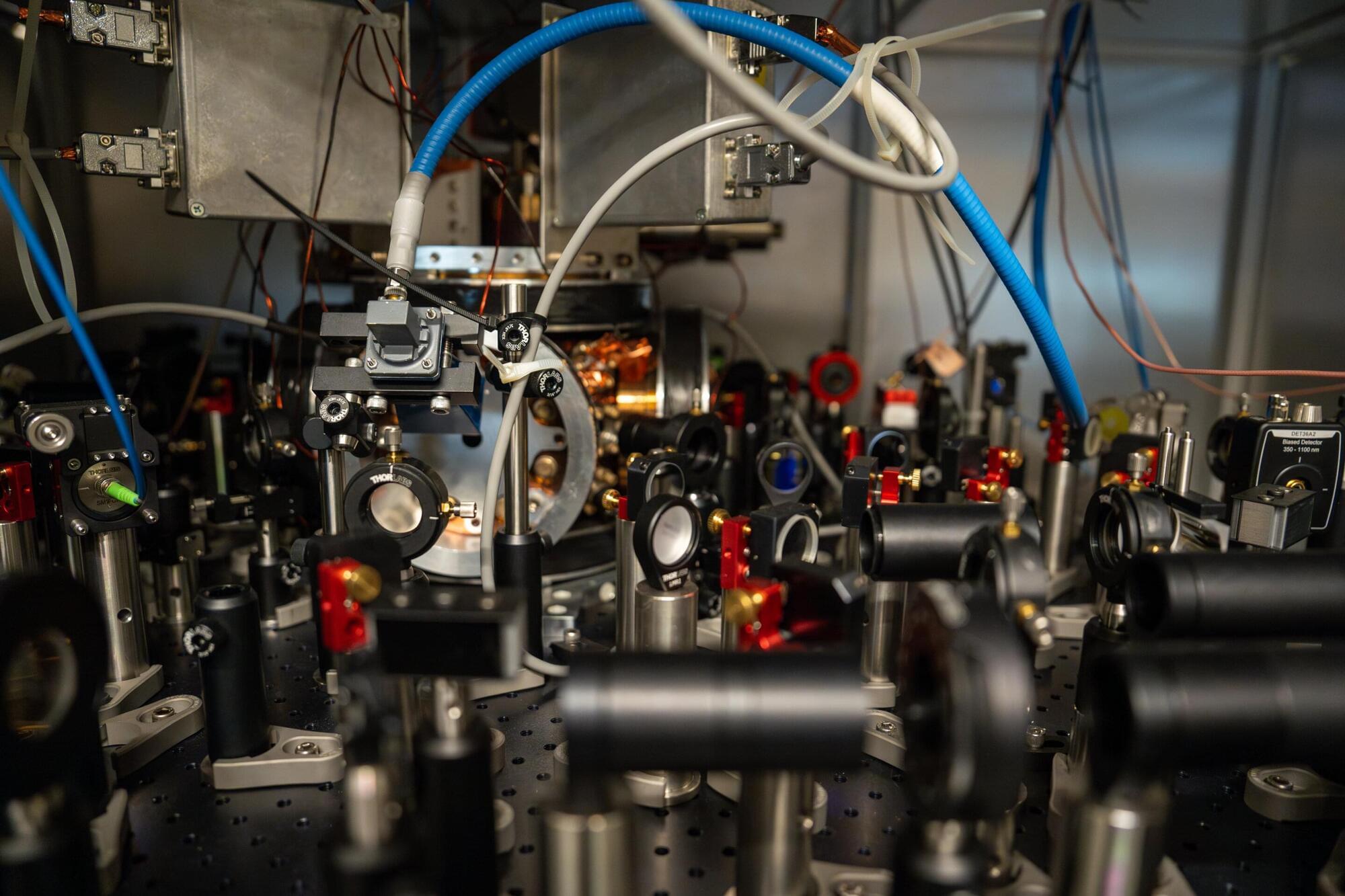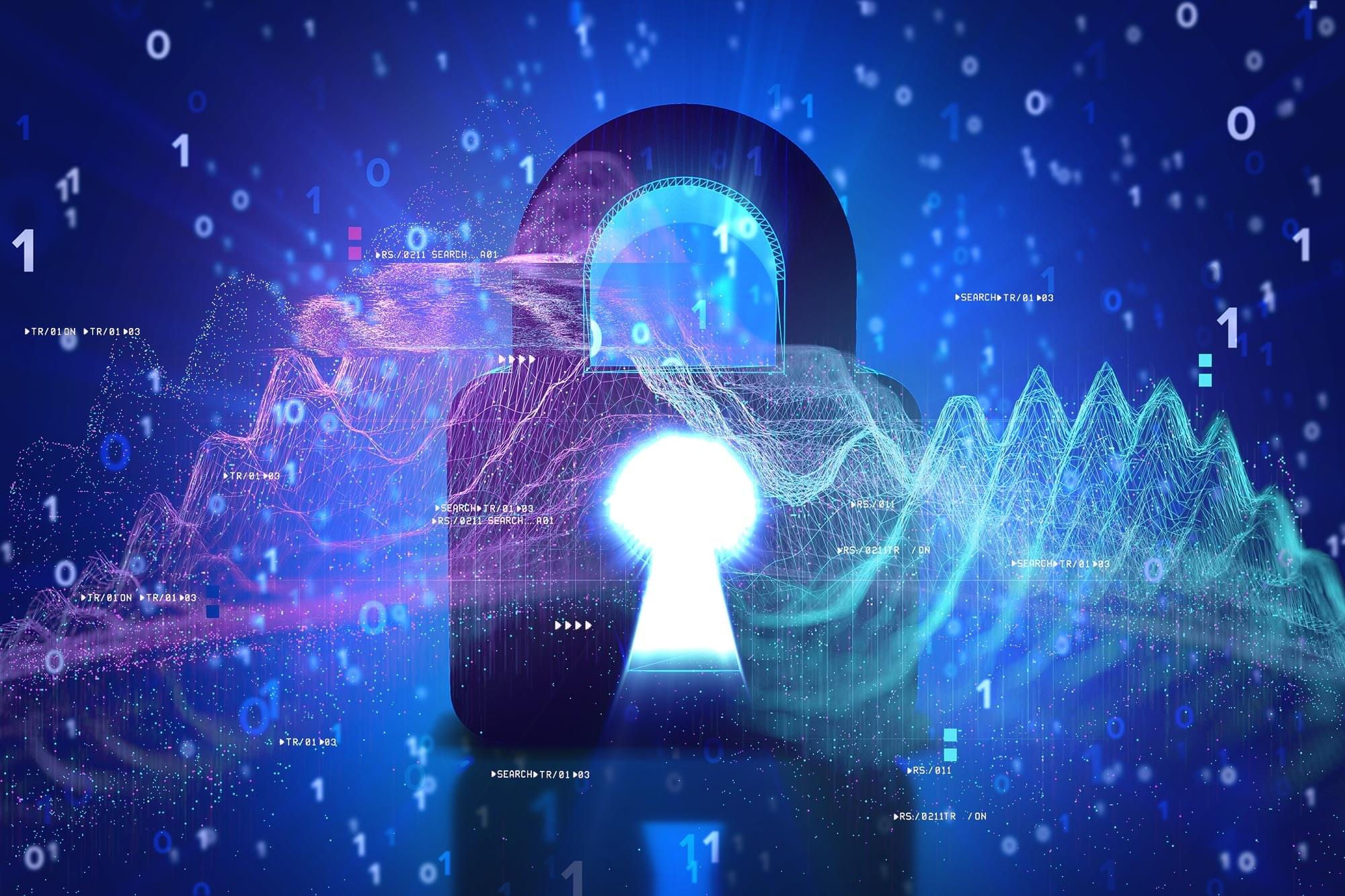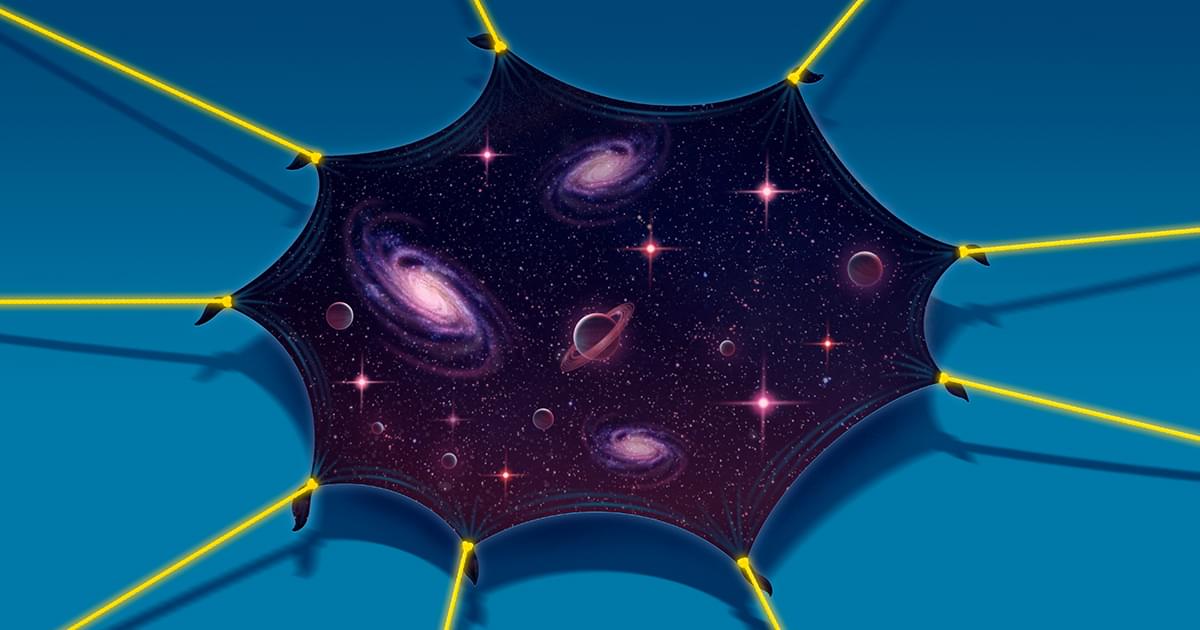Wormholes are often imagined as tunnels through space or time—shortcuts across the universe. But this image rests on a misunderstanding of work by physicists Albert Einstein and Nathan Rosen.
In 1935, while studying the behavior of particles in regions of extreme gravity, Einstein and Rosen introduced what they called a “bridge”: a mathematical link between two perfectly symmetrical copies of spacetime. It was not intended as a passage for travel, but as a way to maintain consistency between gravity and quantum physics. Only later did Einstein–Rosen bridges become associated with wormholes, despite having little to do with the original idea.
But in new research published in Classical and Quantum Gravity, my colleagues and I show that the original Einstein–Rosen bridge points to something far stranger—and more fundamental—than a wormhole.
